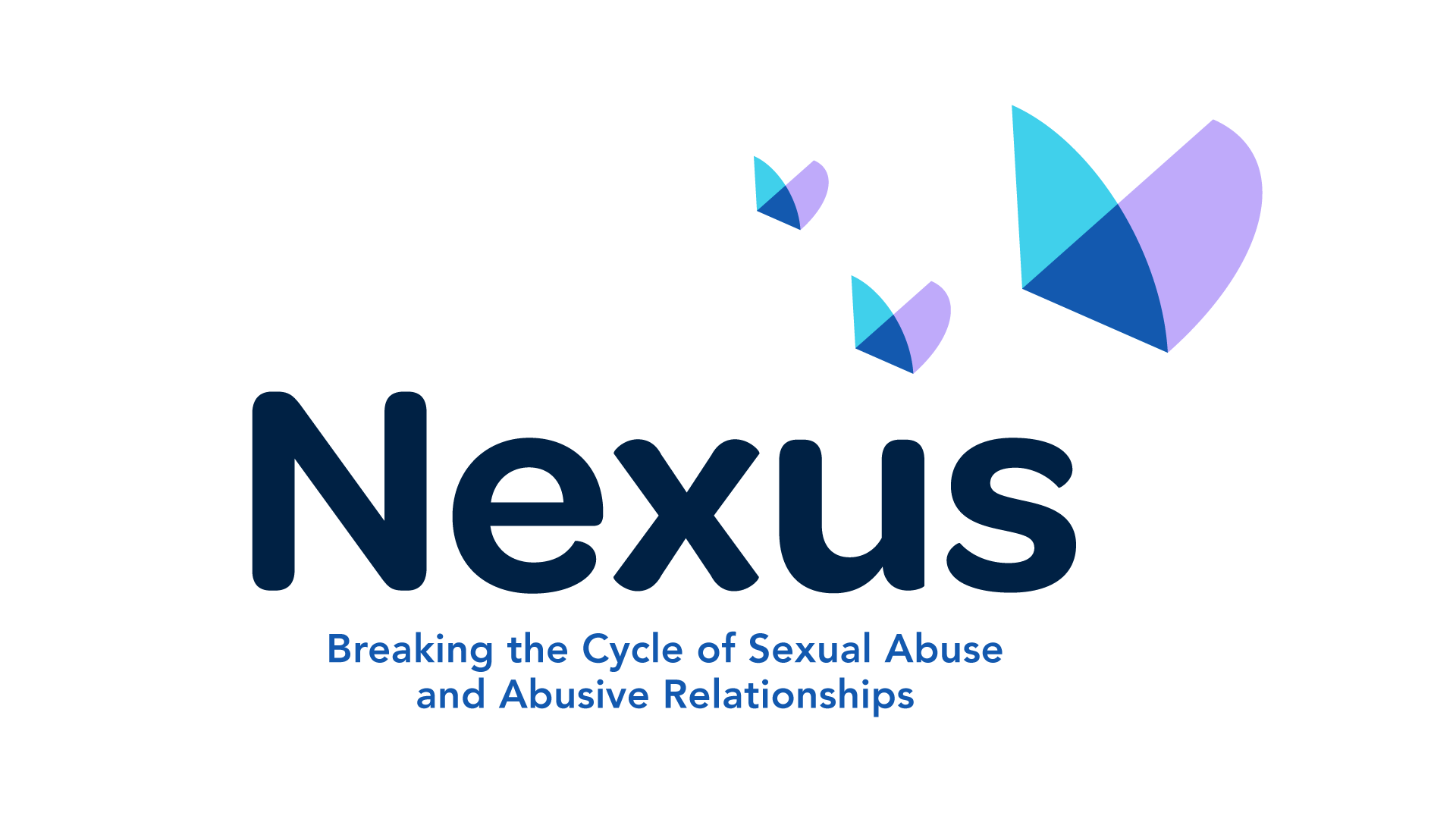By Emalyn Turkington.
For anyone to be able to love themself, they need to be surrounded by positive connections, but what would happen if there were no love or good connections in their home environment and they are not taught about it in school?
Currently, Relationship and Sex Education (RSE) depends on the values and ethos of the school. The school pick and choose what topics to teach their students. This means that some young people are not receiving good, quality and consistent education on relationships. Young people need to learn the difference between a healthy and unhealthy relationship. The ‘Any Use’ report completed by Belfast Youth Forum in 2019, interviewed 771 young people between the ages of 14 to 24 found that 52% felt their right to RSE was not being met.
Article 24 of the United Nations Convention on the Rights of the Child says: “Every child has the right to the best possible health. Governments must provide good quality health care…and education on health and wellbeing so that children can stay healthy.”
When we talk about health, it is not just physical health, but also mental health. How can a young person love themselves if they have been abused, or are in an unhealthy relationship? If we had consistent good quality RSE in schools this would help educate young people on relationships: relationships with others and relationships with themselves. Young people would learn about trust, values, communication, respect and boundaries which are all important in your relationship with yourself and with others. RSE would provide education on sexual consent and how import consent is in any relationship. Data from the ‘Any Use’ report shows nearly half (49%) of young people felt that the way RSE was taught in school was influenced by religion or the ethos of the school they attended; this should not be the case. Following on from the Gillen Review which recommended that our young people need to have an effective and uniform RSE programme that will provide them with the information and tools they need to understand healthy relationships and protect them from abuse.
We all need to be educated about relationships, healthy and unhealthy. For example, unhealthy may be a lack of communication, dishonesty, disrespect, unnatural jealousy, lack of independence, playing mind games, unnecessary criticism, isolation and controlling behaviour. Some of these behaviours are minimised and viewed as normal in relationships. RSE would raise awareness and educate our young people that these unhealthy characteristics are NOT healthy but obsessive and controlling. If you are in a relationship and you recognise some of these unhealthy characteristics, please reach out and talk to someone. Unhealthy relationships can have a detrimental impact on confidence, self-esteem and overall mental health. Someone who has been abused or in an unhealthy relationship will not be able to love themselves. Also, remember those healthy relationships which are positive in your life. The people who encourage you to love yourself, be independent, ask you for your opinion, respect you and value you. An example of how someone shows you affection may not always be obvious, but could be telling you to ‘drive safe’ or looking after you through providing practical support.
“You alone are enough. You have nothing to prove to anyone.” Maya Angelou
Nexus provide both RSE and consent workshops to schools, youth and community groups and voluntary organisations. For information email jan.winton@nexusni.org




